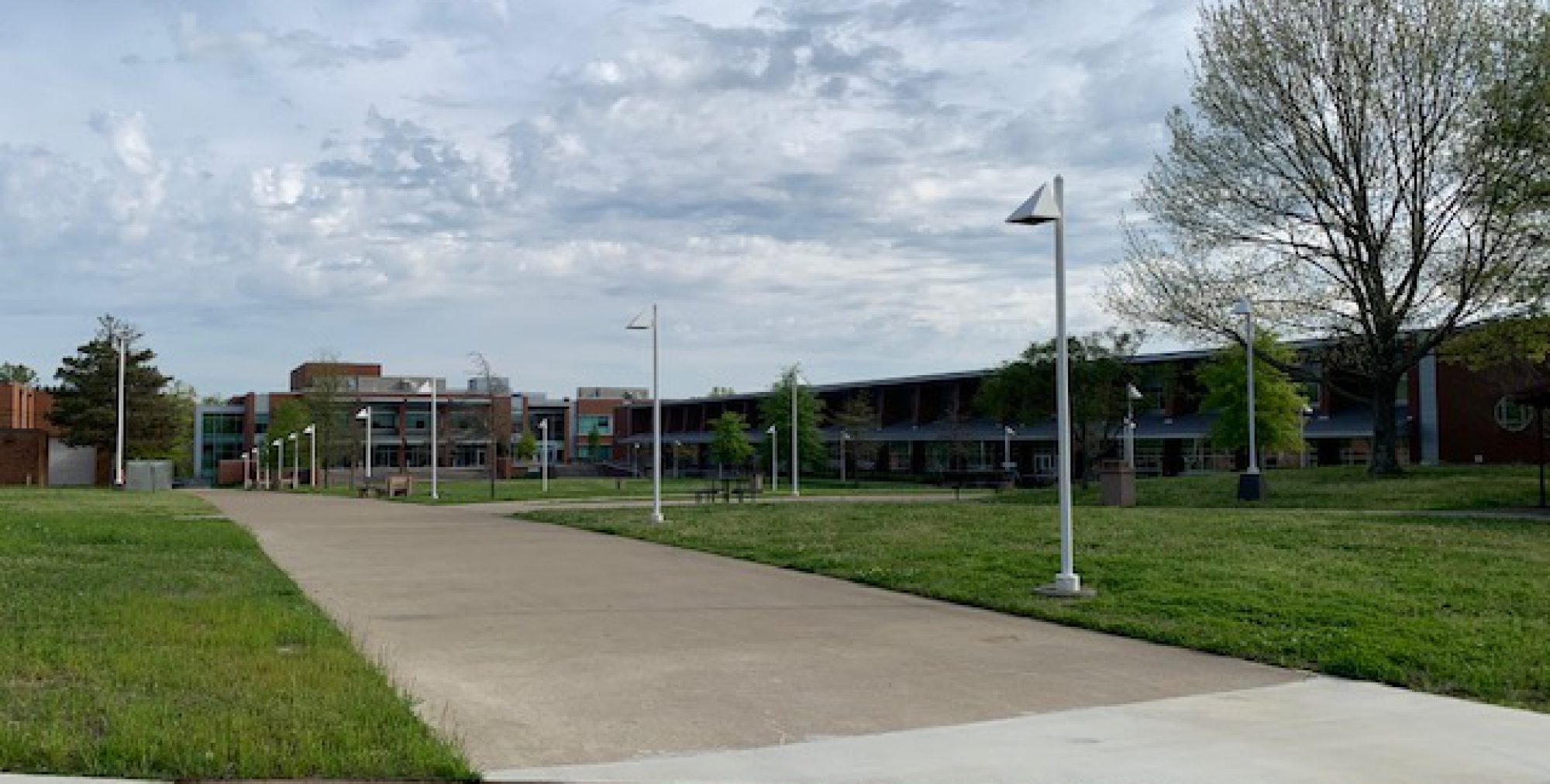Need a badge to add to your course? You can download HIP Badges.
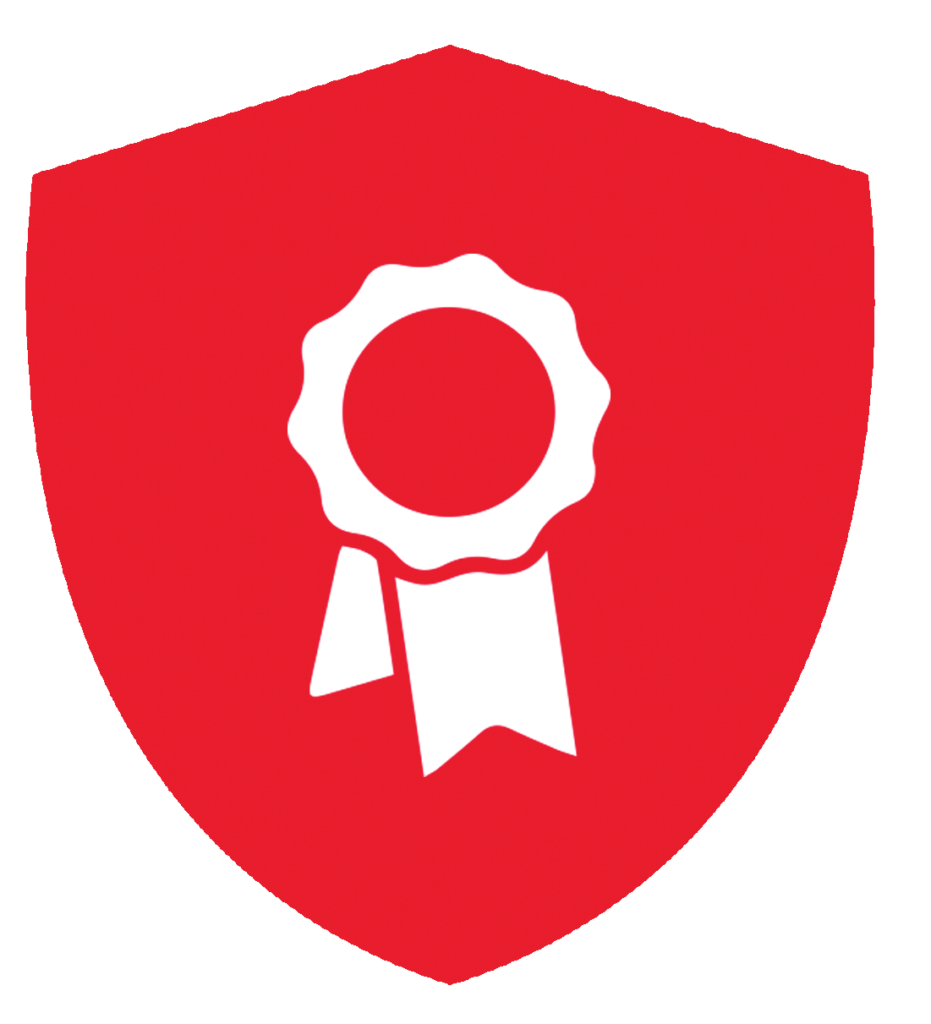
Certifications
Certifications are identifiers that a student has completed a qualification for an industry or a particular skill area. Certifications identified in this taxonomy refer to credit-bearing courses that curricularly enable a student to take an assessment leading to industry-recognized certification.
Want to know more about the Certifications HIP at NSCC? Contact Jennifer Goncalves, jennifer.goncalves@nscc.edu.
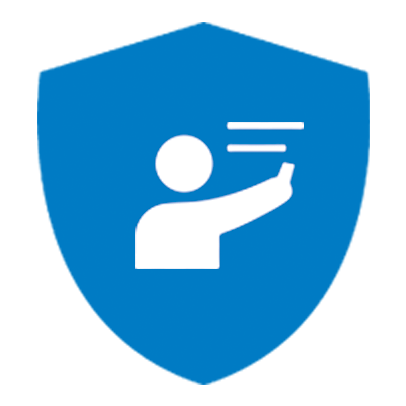
First Year Seminars/
Experience
A course intended to enhance the academic and social integration of first-year students by introducing them to essential skills for college success and a supportive campus community comprised of faculty, staff, and peers. FYSs often place a strong emphasis on critical inquiry, frequent writing, information literacy, collaborative learning, and other crucial competencies. Some FYSs also feature rigorous discipline-based content.
Want to know more about the First Year Experience HIP at NSCC? Contact Marla Perry, marla.perry@nscc.edu.
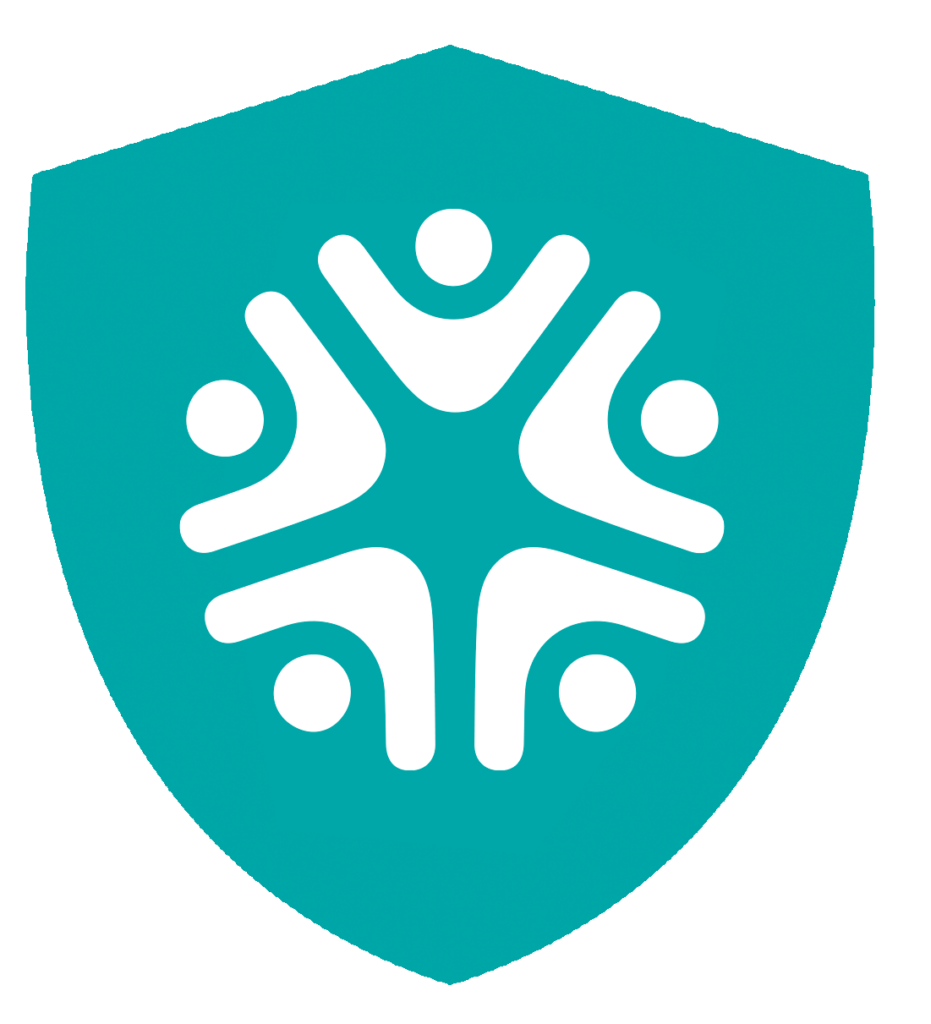
Global Cultural Awareness
Global and cultural awareness courses are credit-bearing experiences in which students learn how to communicate across cultures while developing an understanding of global interdependence and how it is influenced by culture – understood as the values, beliefs, practices, rituals, and behaviors held by groups of people. These courses explore difficult differences such as racial, ethnic, and gender inequality, as well as struggles around the globe for human rights, freedom, and power. These courses will provide tools to increase students’ critical analysis of the global and intercultural nature of society and practice ethical reasoning to successfully navigate this world.
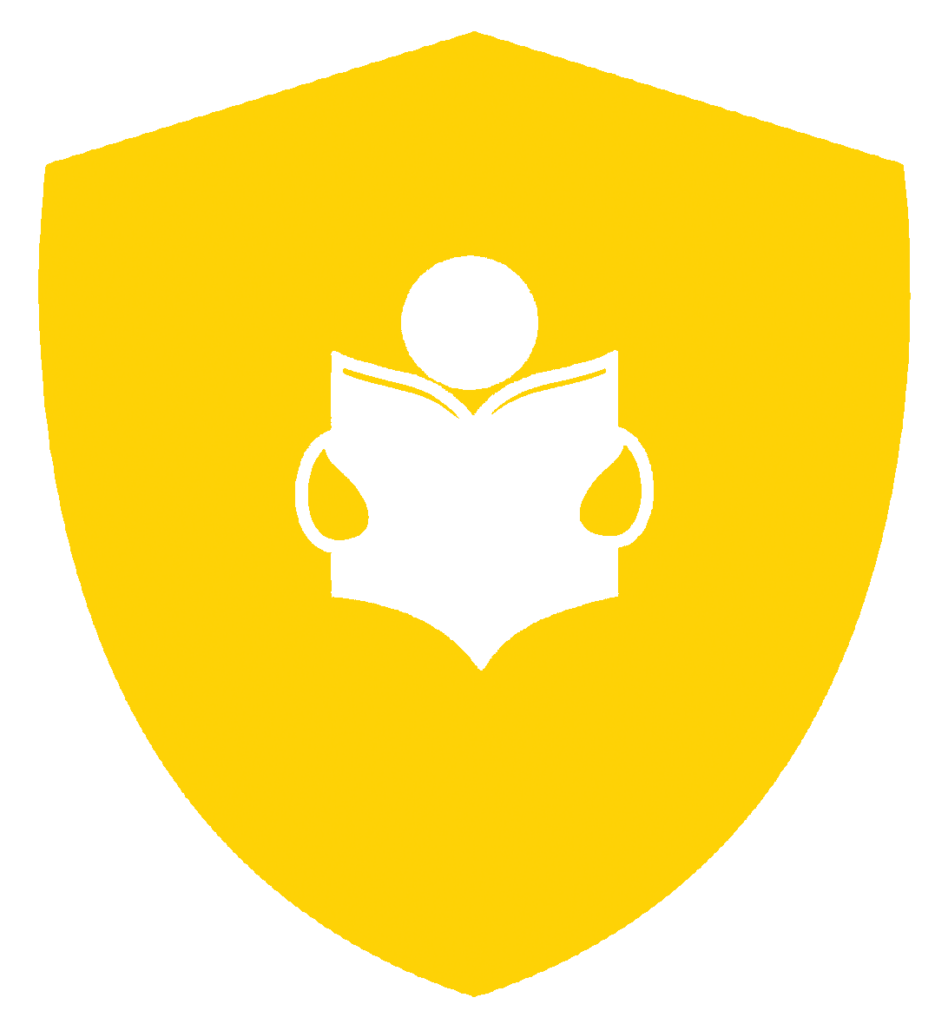
Honors Education
◦Honors education is characterized by in-class and extracurricular activities that meet the needs and abilities of the students it serves through practices that are measurably broader, deeper, or more complex than comparable learning experiences typically found at institutions of higher education. Honors experiences include a distinctive learner-directed environment and philosophy, provide opportunities that are appropriately tailored to fit the institution’s culture and mission, and frequently occur within a close community of students and faculty (adapted from NCHC, 2016).
Want to know more about the Honors Education HIP at NSCC? Contact René William Bataille, Honors College Senior Advisor, rene.bataille@nscc.edu.
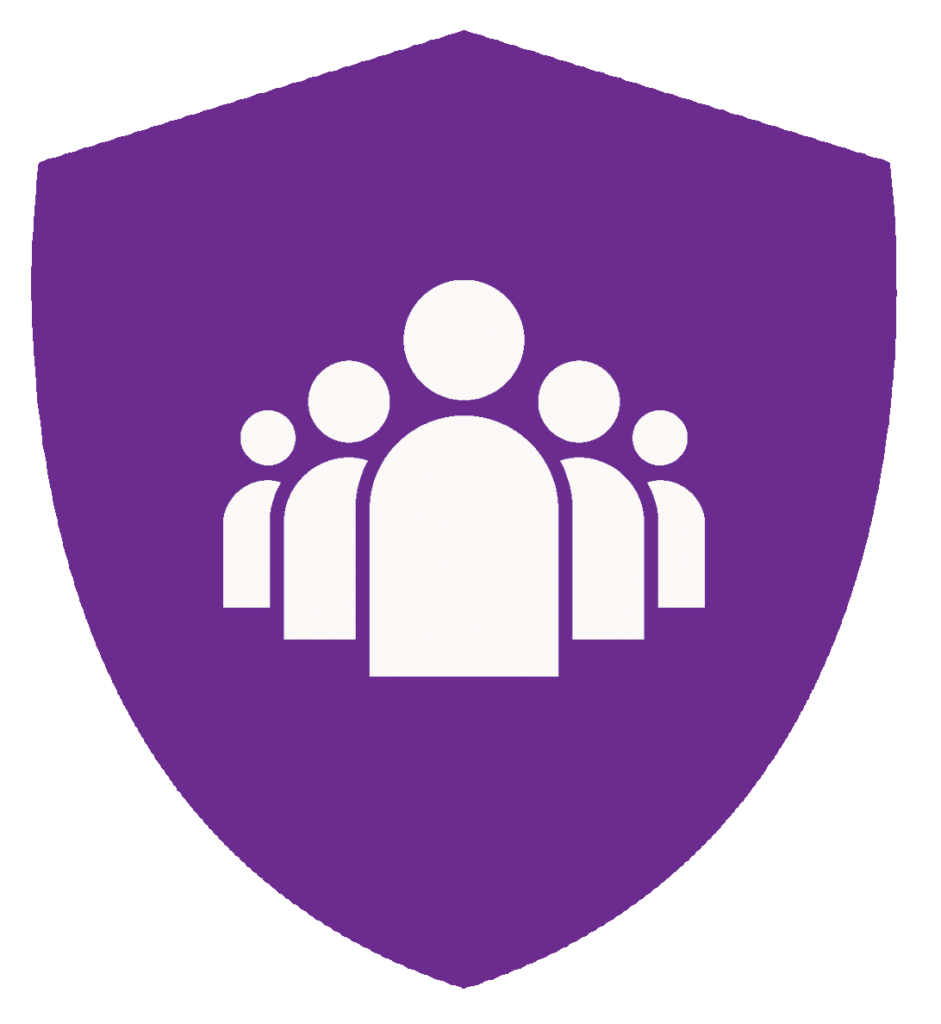
Learning Communities
The same groups of students taking two or more classes concurrently for academic credit and engaged in a substantial amount of time in common intellectual activities, within and outside the classroom, with intentional curricular connections.
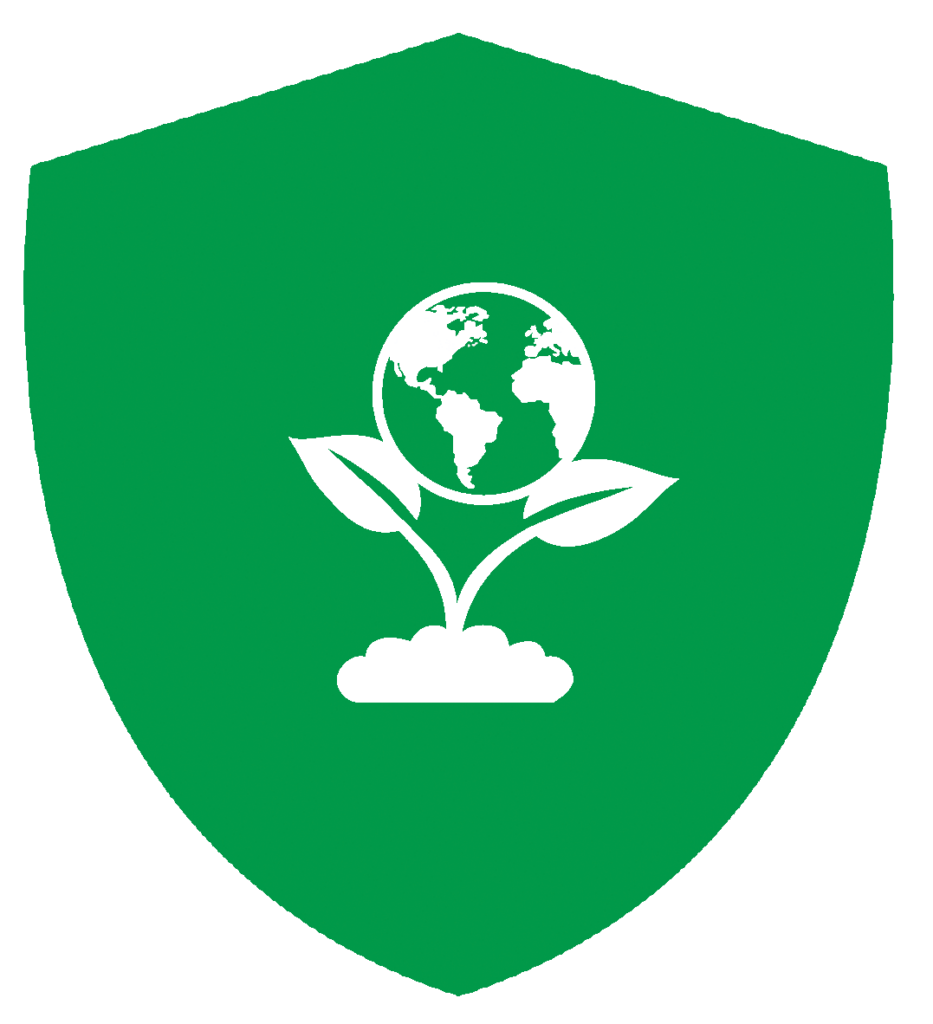
Service Learning
Service-learning is a teaching and learning strategy that integrates meaningful community service with instruction and reflection to enrich the learning experience, teach civic responsibility, and strengthen communities. Curriculum includes structured field-based “experiential learning” alongside community partners, which reinforces course learning outcomes. Within the TBR System, credit-bearing service-learning designated courses are incorporated into general education or college core requirements for a degree program.
Want to learn more about the Service Learning HIP at NSCC? Contact Leah Welker, leah.welker@nscc.edu.
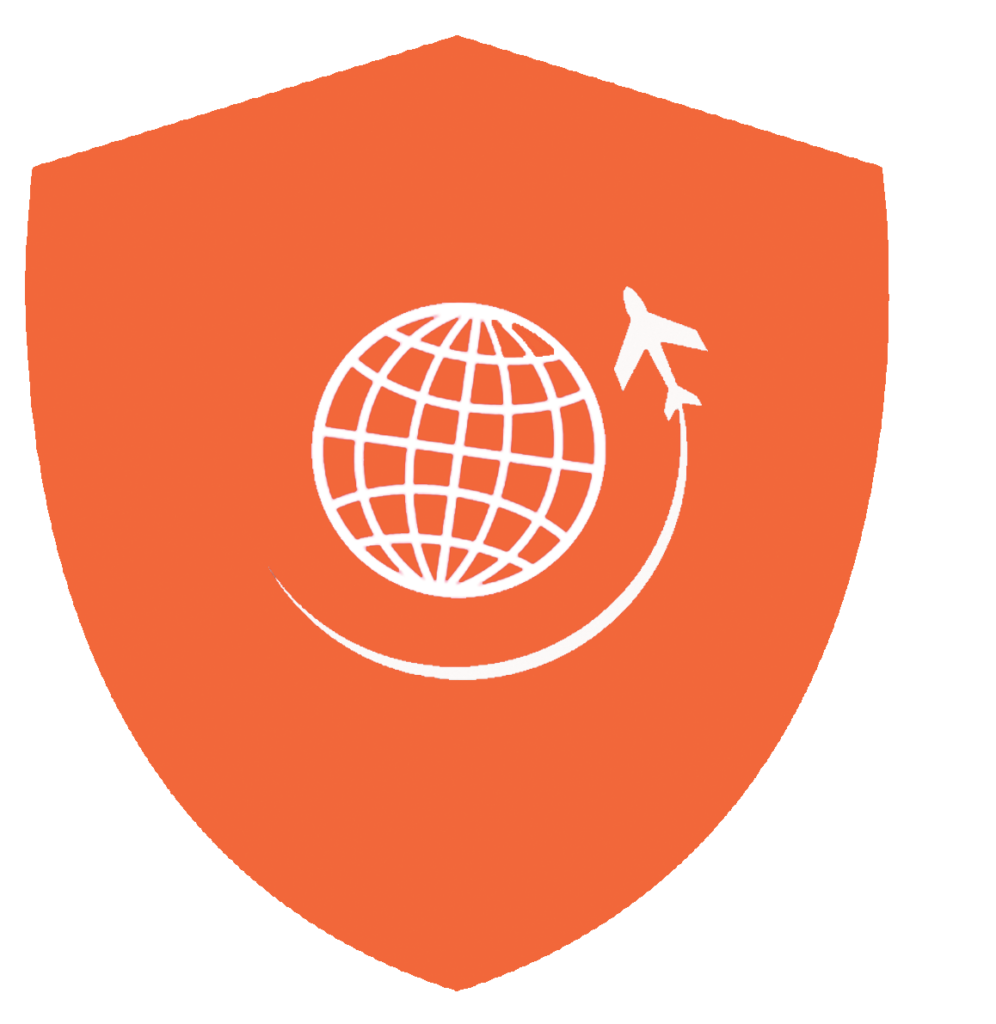
Study Abroad
Study abroad is a credit-bearing experience incorporated into general education or college core requirements for a certificate/degree program. Curriculum includes field-based “experiential learning” in locations outside the U.S. with an emphasis on inter-cultural understanding and communication. Students apply what they are learning in a real-world setting and reflect on their experiences abroad as part of the course requirements.
Want to learn more about the Study Abroad HIP at NSCC? Contact Emily Naff, emily.naff@nscc.edu.
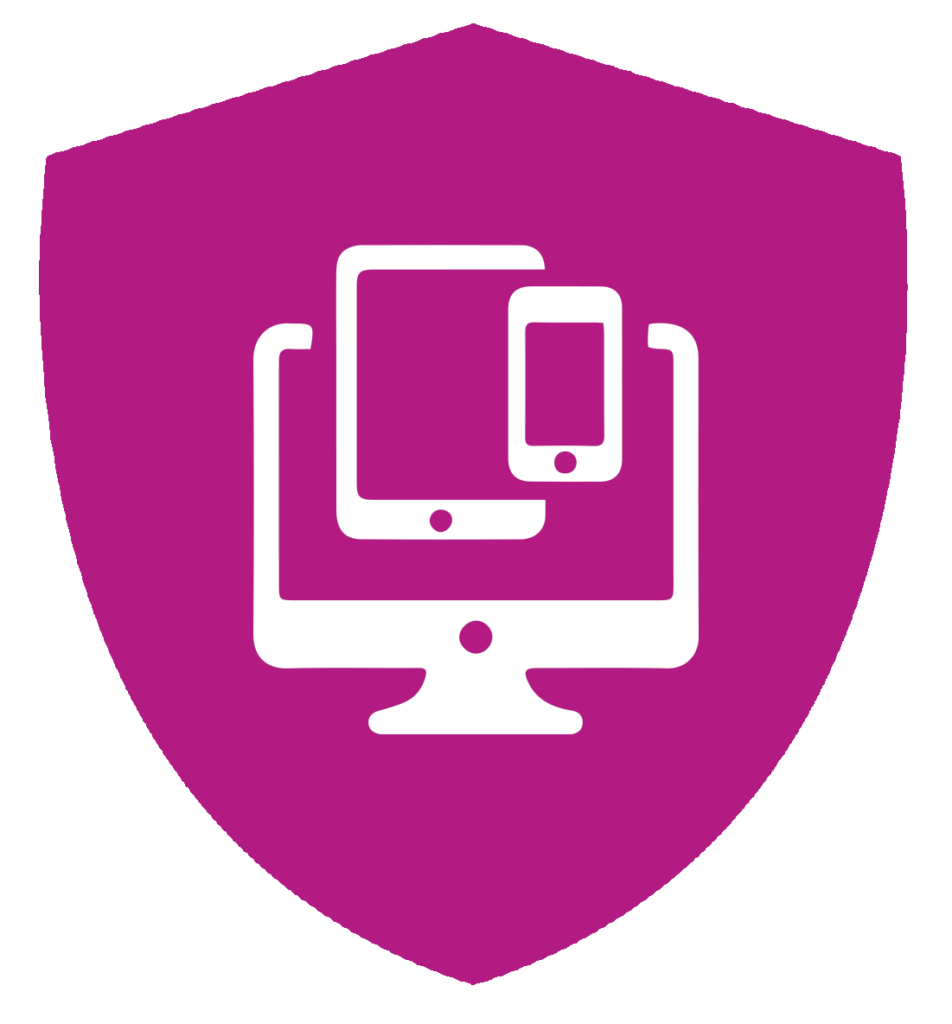
Technology Enhanced Learning
Instructional practices that leverage digital technologies to enhance teaching and learning. (Digital technology is any electronic tool, system, device or resource that facilitates learning and improves student performance. Examples include, but are not limited to, social media, online games, multimedia, productivity applications, cloud computing, interoperable systems, and mobile devices. Digital technologies can be used to increase engagement, encourage collaboration, deliver support, and increase awareness and understanding.)
Want to learn more about the Technology Enhanced Learning HIP at NSCC? Contact David Gerth, david.gerth@nscc.edu.
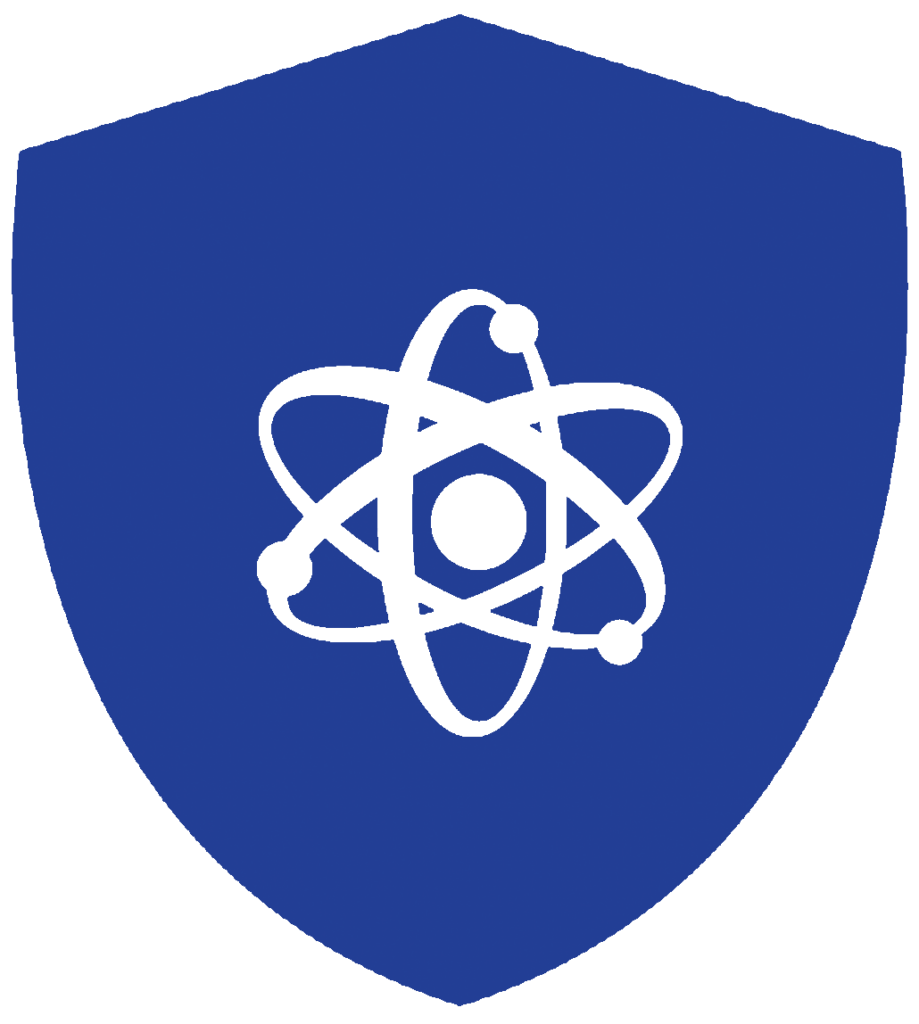
Undergraduate Research
Undergraduate research is an inquiry or investigation conducted by an undergraduate student in collaboration with a faculty member that makes a unique intellectual, scholarly, or creative contribution to the discipline, and for which the student receives academic credit either through a course or independent study. The student’s contribution may be part of a new or ongoing faculty research project (adapted from CUR).
Want to learn more about the Undergraduate Research HIP at NSCC? Contact Jeff Green, jeff.green@nscc.edu.
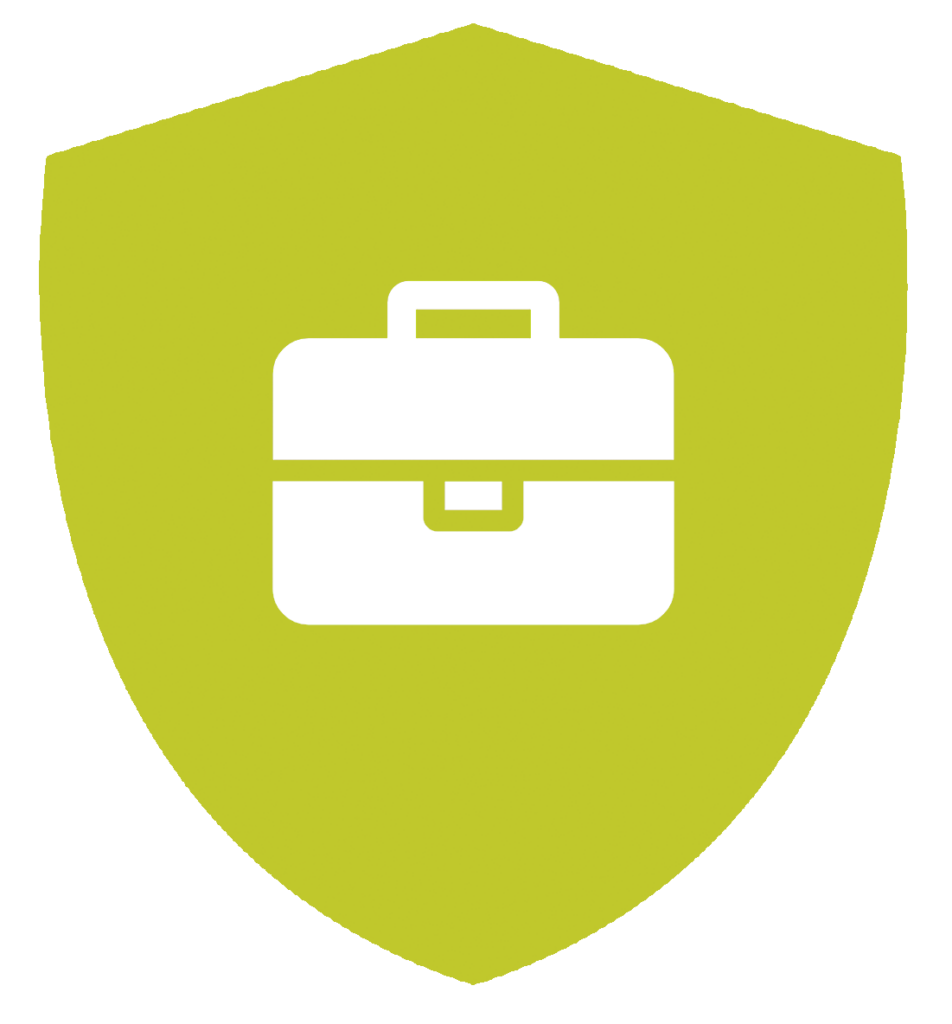
Work-Based Learning
Work-based Learning represents credit-bearing experience that integrates knowledge and theory learned in the classroom with practical application and skills development in a professional setting. Internships, practicums, clinicals, co-ops and similar experiences, integrated with a class or related to a major field of study, give students the opportunity to gain valuable applied learning and make connections in professional fields students are considering for career paths, while giving employers the opportunity to guide and evaluate talent (NACE, 2011).
Want to learn more about the Work-Based Learning HIP at NSCC? Contact Christie Ferguson, christie.ferguson@nscc.edu.
